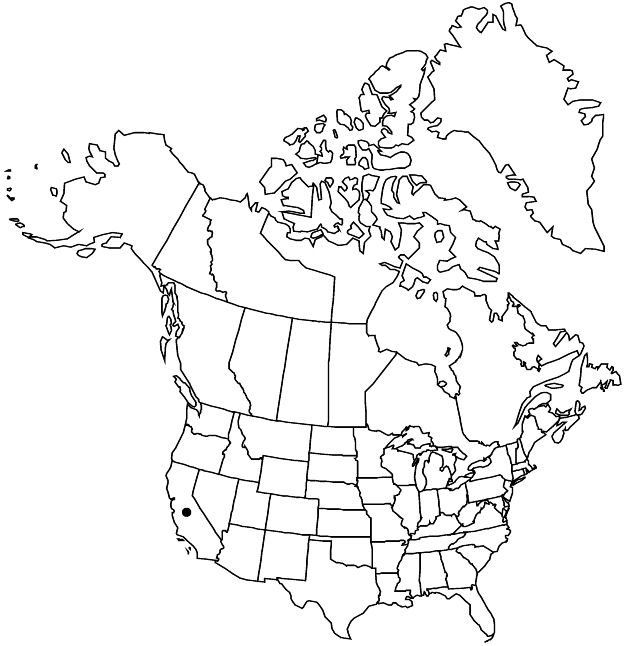Difference between revisions of "Adenostoma fasciculatum"
Bot. Beechey Voy., 139. 1832.
FNA>Volume Importer |
FNA>Volume Importer |
||
| Line 10: | Line 10: | ||
|special_status={{Treatment/ID/Special_status | |special_status={{Treatment/ID/Special_status | ||
|code=F | |code=F | ||
| − | |label= | + | |label=Illustrated |
}} | }} | ||
|basionyms= | |basionyms= | ||
| Line 56: | Line 56: | ||
-->{{#Taxon: | -->{{#Taxon: | ||
name=Adenostoma fasciculatum | name=Adenostoma fasciculatum | ||
| − | |||
|authority=Hooker & Arnott | |authority=Hooker & Arnott | ||
|rank=species | |rank=species | ||
| Line 67: | Line 66: | ||
|publication title=Bot. Beechey Voy., | |publication title=Bot. Beechey Voy., | ||
|publication year=1832 | |publication year=1832 | ||
| − | |special status= | + | |special status=Illustrated |
| − | |source xml=https://jpend@bitbucket.org/aafc-mbb/fna-data-curation.git/src/ | + | |source xml=https://jpend@bitbucket.org/aafc-mbb/fna-data-curation.git/src/f50eec43f223ca0e34566be0b046453a0960e173/coarse_grained_fna_xml/V9/V9_656.xml |
|subfamily=Rosaceae subfam. Amygdaloideae | |subfamily=Rosaceae subfam. Amygdaloideae | ||
|tribe=Rosaceae tribe Sorbarieae | |tribe=Rosaceae tribe Sorbarieae | ||
Revision as of 22:42, 16 December 2019
Plants decumbent or erect-ascending, 8–20 dm. Stems erect to arching; young stem internodes brown, 2–6.5(–12) mm, glabrous or hirtellous-pilose, rarely glandular. Leaves crowded on short shoots; stipules green, 0.5–1.5 mm on long-shoot leaves, smaller on fascicled leaves; blade dark green, linear-oblanceolate, (2–)3–10(–13) × 0.6–1(–1.7) mm, apex acute, apiculate to obtuse, abaxial surface glabrous or hirtellous or villous, adaxial glabrous. Inflorescences of alternately branched pyramidal panicles, 3.5–10(–17) × 1–9(–15) cm or reduced to cylindric racemes or spikes, glabrous; subtending flower bracts 3-lobed, medial lobe largest; bracteoles 2, subulate. Pedicels present, short. Flowers in clusters of 1–3(–7); hypanthium green, 1.5–2.4 × 1–1.6(–2) mm, obscurely 10-veined, conspicuously so when dry, glabrous or weakly hirtellous, inner rims whitish; sepals broadly ovate to semiorbiculate, 0.5–0.9 mm; petals tardily falling, white, turning rusty, obovate-orbiculate, to 1–2 mm diam.; stamens (10–)15, filaments 1–1.5 mm, anthers 0.4–0.8 mm; ovaries obconic; styles curved over ovary, erect distally, white, rarely pinkish distally, 1–1.4 mm. Achenes obovoid, 1.2–1.8(–2.4) mm, contained within hypanthium.
Distribution

Calif., nw Mexico.
Discussion
Varieties 3 (3 in the flora).
Selected References
None.
Lower Taxa
Key
| 1 | Stems decumbent (plants low, mounded); insular. | Adenostoma fasciculatum var. prostratum |
| 1 | Stems erect-ascending, spreading (plants tall); mainland and insular | > 2 |
| 2 | Young stems glabrous, sometimes +/- hirtellous; leaves oblanceolate to linear, (2.5–)5–13 mm, apices acute-apiculate. | Adenostoma fasciculatum var. fasciculatum |
| 2 | Young stems pubescent to villous; leaves oblanceolate-clavate, 4–6.5 mm, apices usually obtuse. | Adenostoma fasciculatum var. obtusifolium |